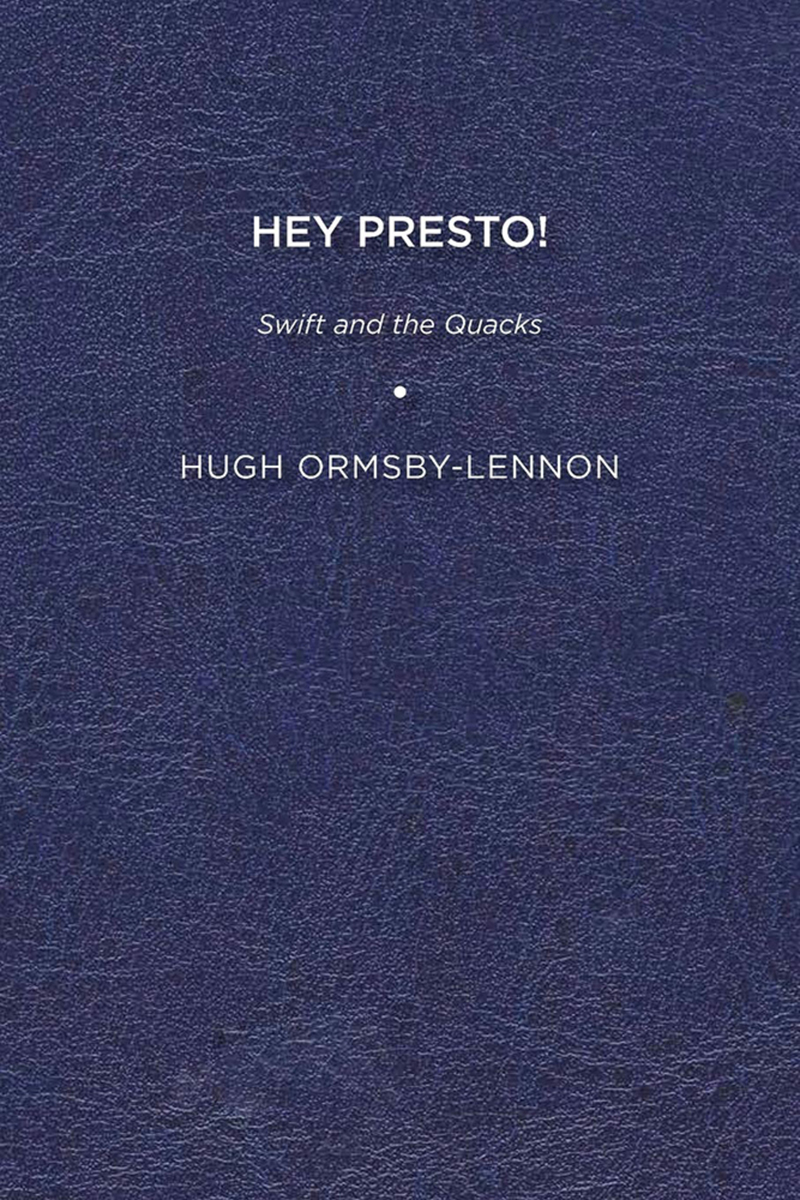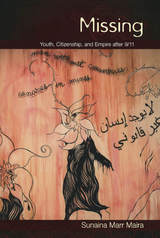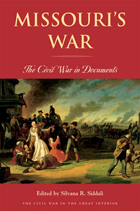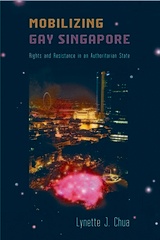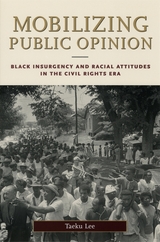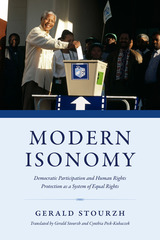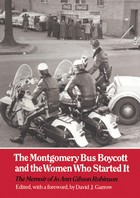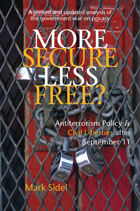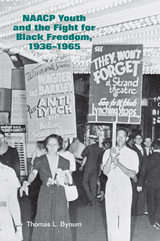Hey Presto!: Swift and the Quacks
University of Delaware Press, 2011
Cloth: 978-1-64453-114-3 | Paper: 978-1-64453-115-0 | eISBN: 978-1-64453-116-7
See other books on: 18th Century | English, Irish, Scottish, Welsh | Quacks | Swift | Theater
See other titles from University of Delaware Press
Cloth: 978-1-64453-114-3 | Paper: 978-1-64453-115-0 | eISBN: 978-1-64453-116-7
ABOUT THIS BOOK | AUTHOR BIOGRAPHY | REVIEWS | TOC
ABOUT THIS BOOK
In this book the author reveals how medicine shows, both ancient and modern, galvanized Jonathan Swift’s imagination and inspired his wittiest satiric voices. Swift dubbed these multifaceted traveling entertainments his Stage-itinerant or “Mountebank’s Stage.” In the course of arguing that the stage-itinerant formed an irresistible model for A Tale of a Tub, Ormsby-Lennon also surmises that the mountebank’s stage will disclose that missing link, long sought, which connects the twin objects of Swift’s ire: gross corruptions in both religion and learning. In the early modern medicine show, the quack doctor delivered a loquacious harangue, infused with magico-mysticism and pseudoscience, high-astounding promises, and boastful narcissism. To help him sell his panaceas and snake-oil, he employed a Merry Andrew and a motley troupe of performers. From their stages, many quacks also peddled their own books, almanacs, and other ephemera, providing Grub Street with many of its best-sellers. Hacks practiced, quite literally, as quacks. Merry Andrew and mountebank traded costumes, whiskers, and voices. Swift apes them all in the Tale.
Published by University of Delaware Press. Distributed worldwide by Rutgers University Press.
Published by University of Delaware Press. Distributed worldwide by Rutgers University Press.
See other books on: 18th Century | English, Irish, Scottish, Welsh | Quacks | Swift | Theater
See other titles from University of Delaware Press
